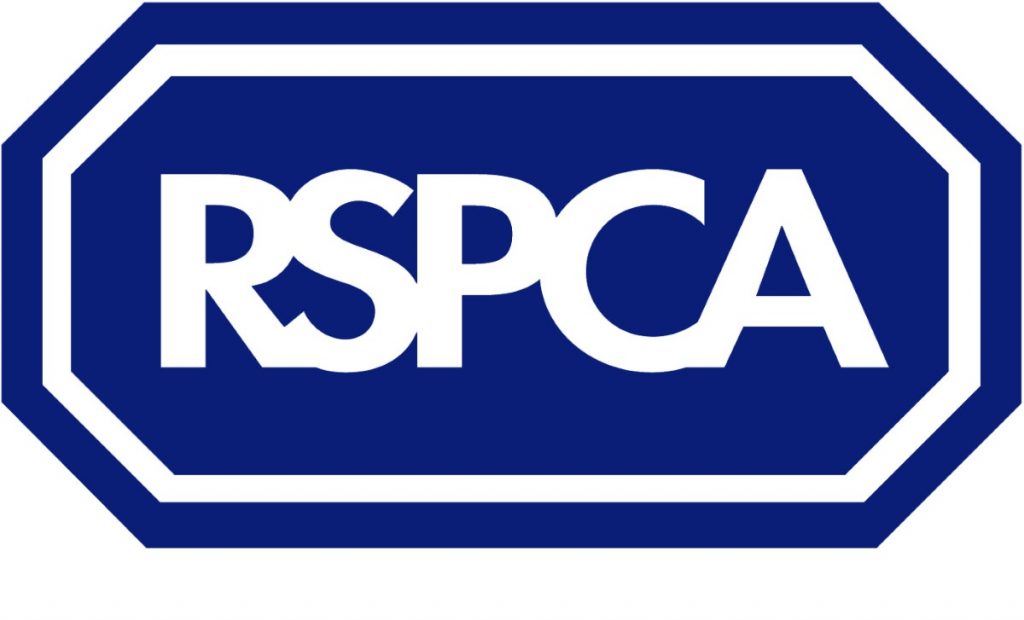RSPCA: No-one likes a grass, except rabbits
The RSPCA has today launched a campaign called ‘Hay Fever,’ to highlight the fact many owners do not know what food is best for their rabbits.
Rabbits have long been one of the UK’s favourite pets, with owners falling for their cute appearance and believing the common misconception they are easy to look after.
However despite their popularity, a study commissioned by the RSPCA at the University of Bristol[1] shows a lack of grass and hay in their diet is among the most important welfare issues affecting rabbits in the UK.
Bugs Bunny was wrong
"The RSPCA is trying to give rabbits Hay Fever! But not in a bad way – we want all pet rabbits to be eating hay as their main food,” said Rachel Roxburgh, RSPCA companion animal scientist.
"People also think their rabbits should eat carrots because that's what Bugs Bunny does… but he's a cartoon – real rabbits don't talk, and they shouldn't be eating carrots too often either," she added.
No such thing as “rabbit food”
Despite the popular saying salad is “rabbit food” a rabbit’s diet should not include too much lettuce and types like iceburg shouldn’t be fed. Even more surprisingly, while many people think carrots are ideal food for bunnies, in fact they do not naturally eat root vegetables, cereals, or fruit.
As carrots (and apples) are high in sugar they should only be fed in small amounts as an occasional treat.
A healthy adult rabbit diet should consist of:
· Mainly good quality hay (available at all times). Owners should feed a bundle of hay that’s as big as their rabbit, every day and ideally access to growing grass for grazing.
· Fresh clean grass (growing or picked by hand), but not lawnmower clippings. They can upset rabbit’s digestive system and make them ill.
· An adult-sized handful of safe washed dark leafy greens such as cabbage, broccoli, kale and herbs such as parsley.
· Owners can also feed a small amount- no more than 25g/kg body weight (i.e. one eggcup full per kg) of good quality commercial rabbit pellets/nuggets.
· Constant access to fresh clean water.
Food for thought
“Our research shows that even some of the most committed owners do not fully understand what foods are best for their rabbits’ health and welfare,” added Rachel Roxburgh..
The Bristol study found dental problems (12%) and digestive problems (11.5%) were very commonly reported by owners – both of which can be caused by poor diet.
“We know insufficient hay and grass can cause dental and digestive health problems and have an impact on rabbits psychological wellbeing, and yet many people do not realise good quality hay should be the main source of their food – seeing it merely as a bedding material,” she added.
A survey carried out by TNS[2] highlights this even further, with results showing that only eight per cent of rabbit owners know hay and grass are the key component of a rabbit’s diet.
People think the most important food for rabbits is: Rabbit food (23%), carrots (19%), leafy greens (17%), fruit and vegetables (15%) hay and grass (8%)
Not to be sneezed at
As part of the launch of ‘Hay Fever’, the RSPCA will be hosting a day of online activity through its official Facebook and Twitter pages on Monday 25 June.
Activities on Facebook include a live Q&A on diet with rabbit expert Rachel Roxburgh; a new viral video ‘Nobody likes a grass’ and a special rabbit rehoming appeal; meanwhile Twitter will feature lots of tips and games.
What bugs a bunny?
‘Hay Fever’ marks the start of an ongoing campaign for the RSPCA on key welfare issues facing pet rabbits. The overall campaign is called ‘What bugs a bunny?’
It is hoped in the long term this campaign will help improve the welfare of one of Britain’s most popular pets and encourage owners to learn more about these complex and interesting animals.
For more information on how to care for your rabbit log onto www.rspca.org.uk/rabbits
Or for more on diet, go to : www.rspca.org.uk/rabbitdiet
-Ends –
Interviews and images are available. Please contact the press office on 0300 123 0244/0288 or email press@rspca.org.uk
[1] ‘Assessment of the state of rabbit welfare in the UK and prioritsation of issues’ an investigation of husbandry, behaviour, housing and health (& other key issues) by a team of welfare scientists, behaviourists and vets at Bristol University, in a 16-month study.
[2] TNS Poll (for AWI) Dec-Jan 2010 – 11, sample of 2001
RSPCA, Wilberforce Way, Southwater, Horsham, West Sussex RH13 9RS
Press office direct lines: 0300 123 0244/0288 Fax: 0303 123 0099
Duty press officer (evenings and weekends) Tel 08448 222888 and ask for pager number 828825
Email: press@rspca.org.uk Website: www.rspca.org.uk





-01.png)